ESA BIC Vultus helps farmers to slash up to 40% of fertilizers and increase their productivity
ESA Business Incubation Centre (BIC) Sweden start-up company Vultus offers a satellite-based system for precision farming supporting farmers to grow healthier plants at a lower cost, also reducing the environmental impact from agricultural production. Meet Vultus at ESA's Start-ups Zone powered by ESA space solutions at IAC 2018.
Inspired by the mission to reduce waste in the agricultural sector, the Vultus concept was developed by the founders Robert Schmitt (CEO) and William Håkansson (COO) in collaboration with farmers who looked to modernize their farming practices. The aim is to combat the over-fertilization of the soils by analyzing the specific nutrient needs within the fields and providing farmers with detailed nitrogen recommendations, online based on up to date satellite imaging.
Vultus processing pipeline fetches satellite data and provides online support to farmers
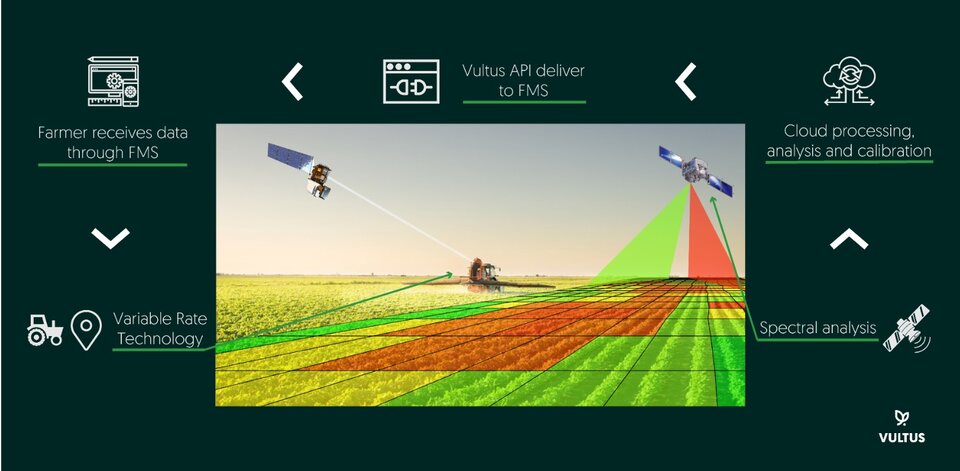
These recommendations can save up to 40% of fertilizer usage, which significantly improves farmers profitability and drastically reduces waste in farming.
“It makes no sense that almost all farmers spread their fertilizers precisely evenly across the field despite having the equipment needed to make the appropriate adjustments,” says Robert Schmitt.
“Our low cost and high scalability fertilization recommendations are now ready for deployment to change farming practices in some of the biggest farming regions.”
Vultus service is timely launched with Europe and Australia having faced one of the most severe droughts in human history reducing the yields of many regions by more than 50%.
Reducing greenhouse gasses – and be more profitable
The technology tackles two sides of this challenge; both improving farming profitability by cutting costs and reducing very potent greenhouse gasses, which results from excessive nitrogen. Globally 55% of nitrogen fertilizer applied, goes to waste.
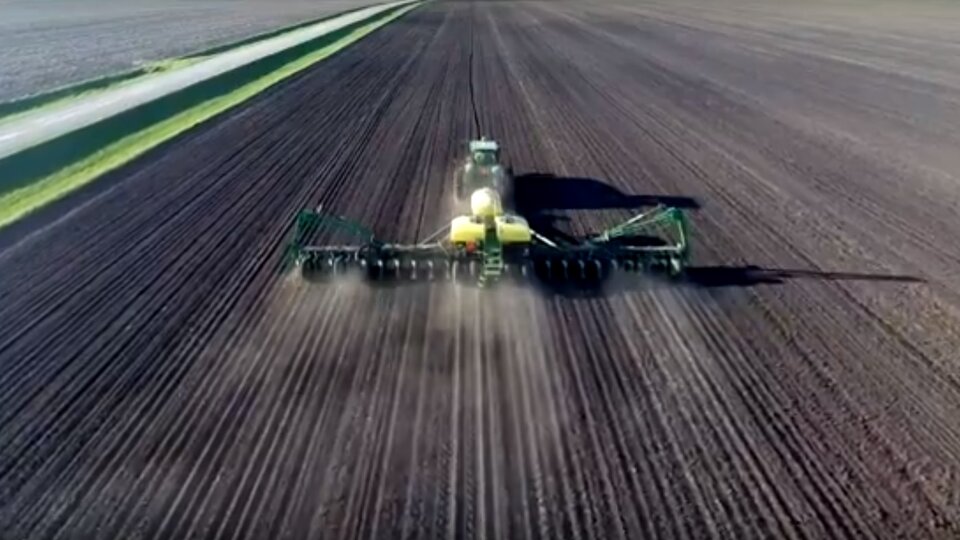
“The sheer amount of waste is shocking and really speaks skewed incentives structures that have resulted in these inefficiencies. Instead of bigger machines and more fertilizers we should encourage precision through smart technologies,” adds Robert Schmitt.
Vultus plant health analysis and nitrogen recommendations are available for farmers of all sizes, from small plot farmers in developing countries to farmers, who operate on a large industrial scale.
The company provides a diagnostic tool beneficial for anyone, anywhere in the world, and integratable via application programming interface (API) into existing used farm management systems (FMS). This allows the FMS providers to enhance their platform with Vultus added value nitrogen recommendations and plant health analysis, and helps farmers to increase their revenue.
Farmland vegetation measured by satellites

The Vultus system is primarily utilizing data from ESA and NASA satellites, received typically 1-3 times per week on every piece of land across the globe at a resolution of down to 10m. Most importantly, the quality of the data is incredibly high with world renowned spectral measurements and calibrations.
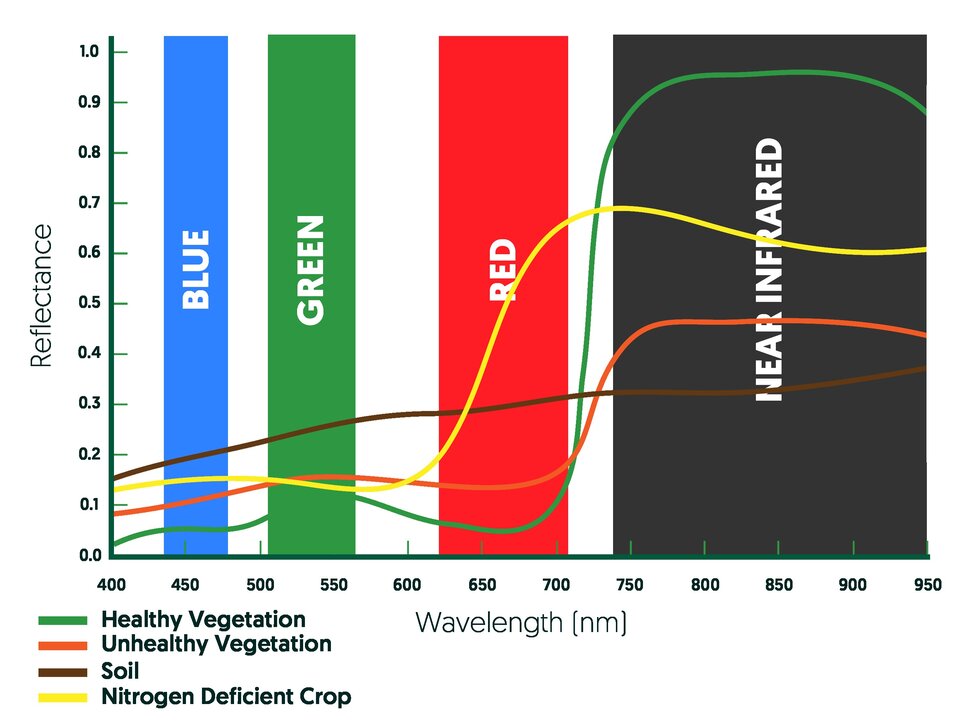
For the processing and analyzing of the satellite data and the delivery of the results, Vultus has built a server less processing pipeline. Fetching data from the satellites, the system selects the areas of interests, executes the necessary calibration and corrections, performs the processes on vegetational indices and applies the nitrogen models when specified.
The product can be accessed through the API service, either directly getting input and output access to the Vultus processing engine or through a dedicated user interface for the visualization of data.
Until now, Vultus is focusing primarily on wheat, barley, rye and rapeseed, as these take up the largest share of farmland in Europe as well as numerous other regions.
Joined ESA BIC Sweden to boost the business

Since the company was founded in 2016 around the mission of reducing waste in farming through the application of satellite remote sensing in farming practices, it has grown to an international team including members from nine countries.
The international outreach has been improved through strong partnerships with ESA, through its ESA BIC business incubation and acceleration programme.
In June this the start-up was accepted to ESA BIC Sweden at its Innovatum Incubator in Trollhättan near Göteborg. Here the entrepreneurs are boosted through the ESA BIC extensive support package to further develop their business and turn it into a viable international company.
The company is also collaborating closely with leading agricultural researchers including the Swedish Agricultural University to develop the product with a scientific focus.
Vultus service across 6.5 million hectares farmland
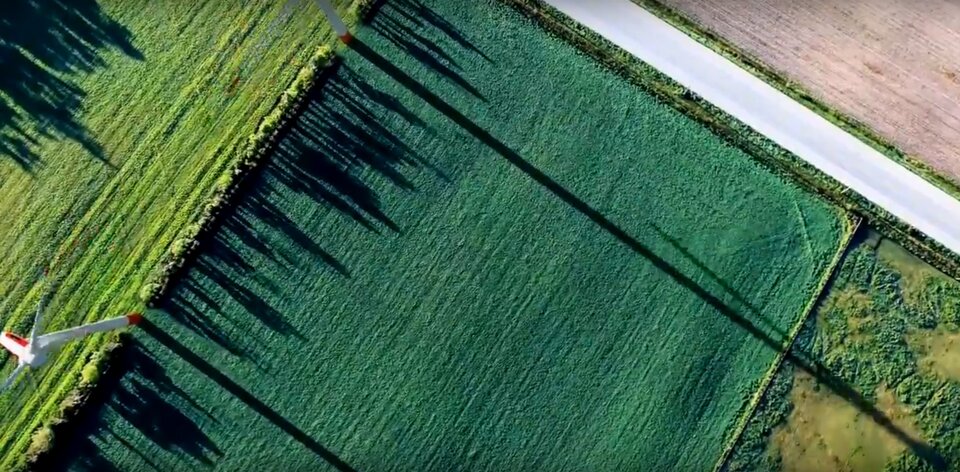
A recent successful public investment campaign managed to raise €400,000 in just two weeks which will go towards expanding the market outreach to help more farmers become greener.
Through innovative development and an international outreach, current distribution partnerships will launch the Vultus service across 6.5 million hectares on October 2018. Vultus currently has offices in Lund, Sweden,
with a planned separate entity to be set up in Australia 2019.
Start-ups Zone powered by ESA space solutions at IAC 2018
ESA's Technology Transfer and Business Incubation Office (TTPO) with its ESA space solutions network presents 24 start-ups from Europe, Canada, Japan and Russia, 14 fostered at one of the ESA Business Incubation Centres – the ESA BICs, at the 69th International Astronautical Conference (IAC 2018) in Bremen, 1-5 October 2018.
The Start-up Space powered by ESA Space Solutions provides a look into great examples of aerospace technology systems and services developed by start-ups with visionary goals.
At pitching sessions on 2/10 and 4/10, the start-ups will present their business ideas and the Head of ESA TTPO Frank M. Salzgeber will present the potential of re-using already existing space technologies and ESA's Intellectual Properties as well as Europe's Earth observation and navigation services by start-ups and how their solutions can improve our lives here on Earth.
World's largest ecosystem for space-related entrepreneurship
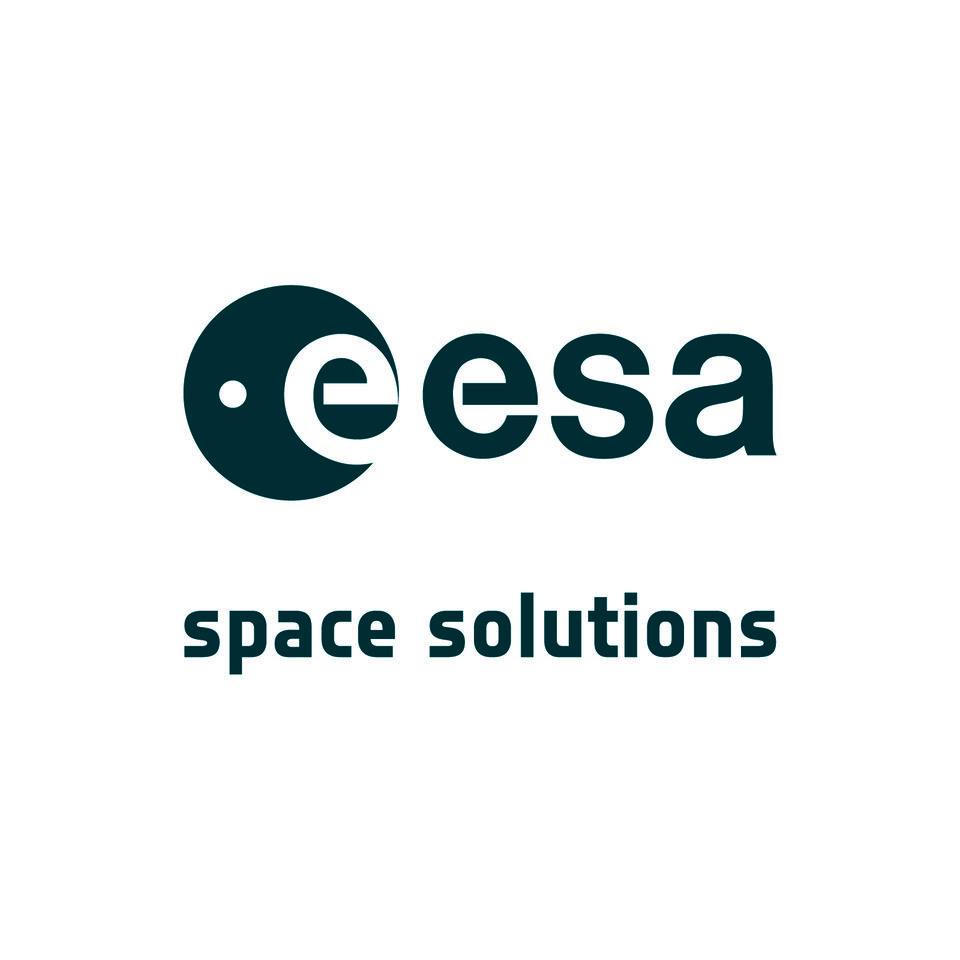
ESA’s Technology Transfer and Business Incubation Programme Office (TTPO) operates the ‘ESA space solutions’ network of Business Incubation Centres (ESA BICs) and Technology Transfer Brokers offering complete access to all aspects of space-related innovation, technology and intellectual properties and is a gateway to ESA and European space research and developments.
Today, there are 20 ESA BICs in 17 European countries – Austria, Belgium, Czech Republic, Estonia, Finland, France, Germany, Hungary, Ireland, Italy, Norway, Portugal, Spain, Sweden, Switzerland, the Netherlands and UK – forming the largest ecosystem in the world for space-related entrepreneurship.
Over 650 start-ups have been fostered and another 150 new start-ups are taken in yearly at ESA BICs to be supported under the two-years business development boosting programme.
Visit “Start-ups Zone powered by ESA space solutions”
Meet all the start-ups from 1 October until 5 October at the dedicated Start-ups Zone powered by ESA space solutions at IAC 2018 area at IAC 2018.
Vultus entrepreneurs will be at the Start-ups Zone at IAC 2018 from 1 October until 3 October noon, and be pitching their business 2 October.



